DELAWARE
FOOD HANDLERS CARD
- ANSI National Accreditation Board (ANAB) Accredited
- Approved and Accredited in Delaware
- 100% Online, Accessible 24 hours a Day, 7 Days a Week
- Course Duration: 1.5 Hour
- Course Access: 3 Months from Purchase
- Owners/Managers: Manage, Track, and Report Employee Progress
- Certificate of Completion upon Successful Completion of Final Exam
- Exam Passing Score 70%
- 2 Chances to Pass the 40 Question Final Exam
- Languages Available: English, Spanish
- Bulk Discount Pricing Available
Our clients
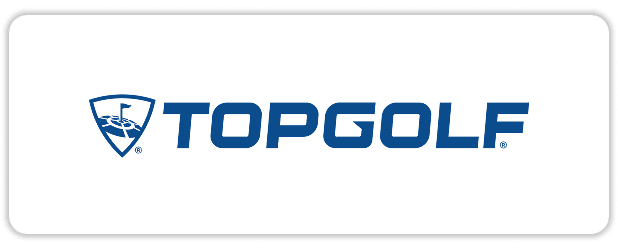
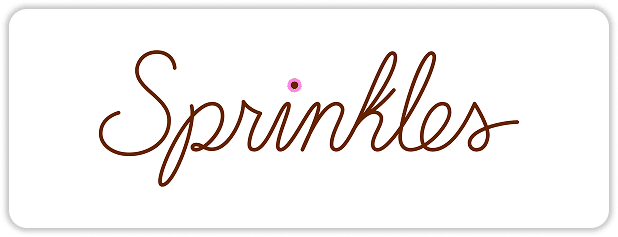

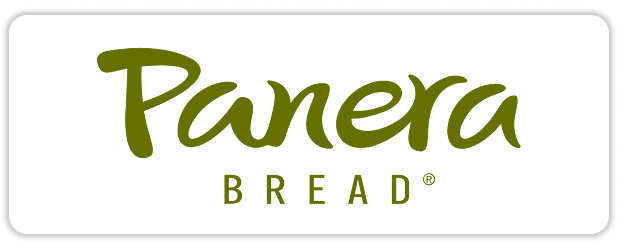
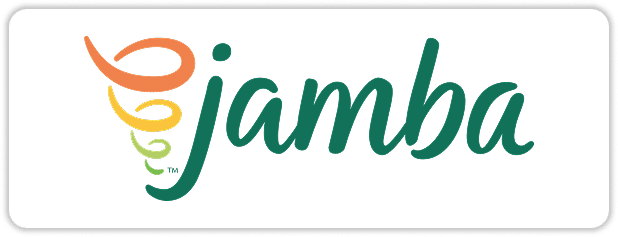

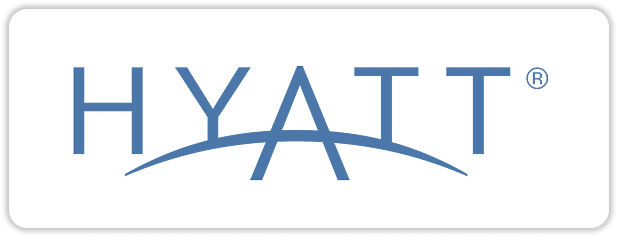
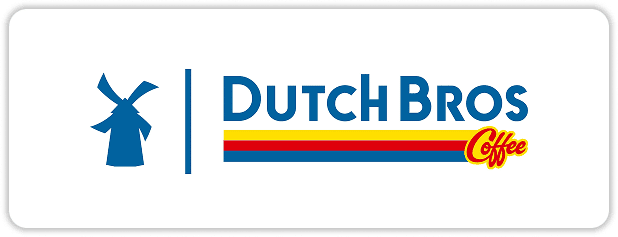
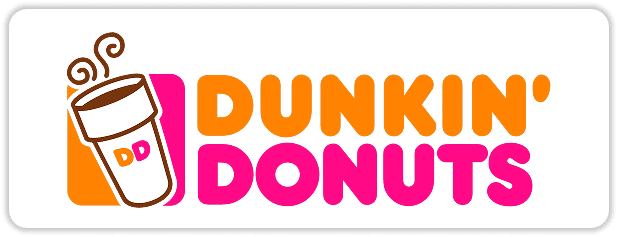
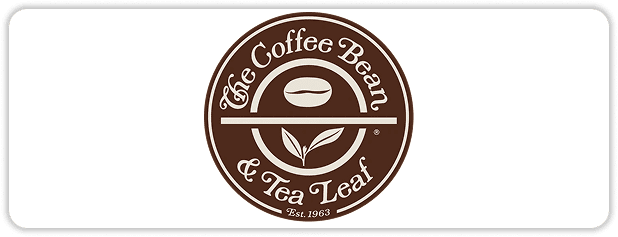
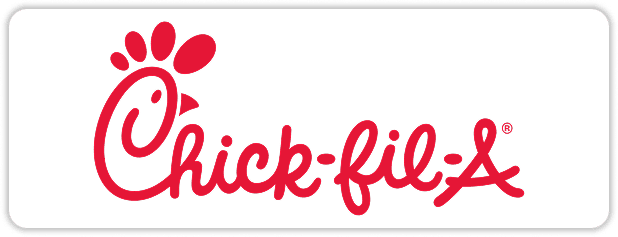
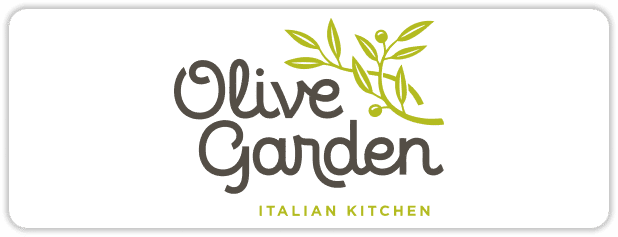
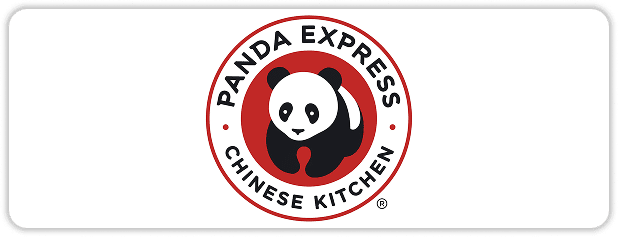
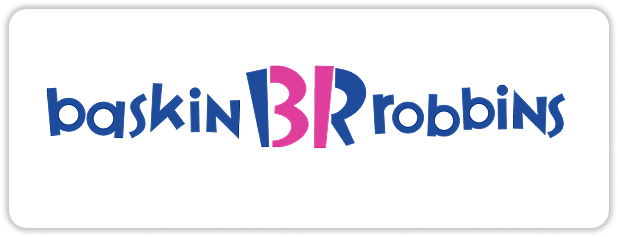
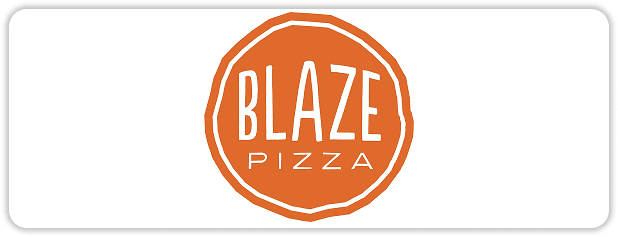
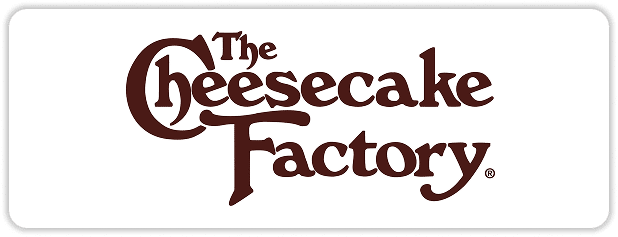
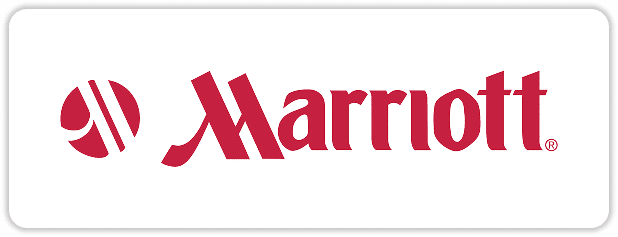

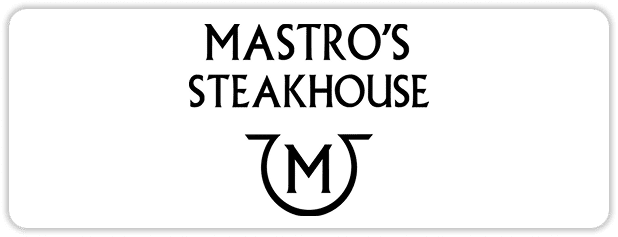
BENEFITS OF TRAINING
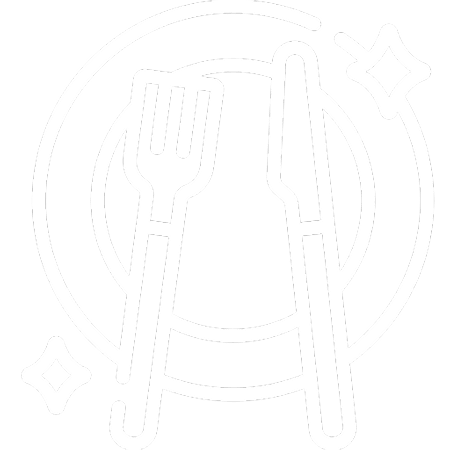
PREVENT
Education is the best tool to prevent, minimize, or eliminate foodborne illnesses and food hazards.
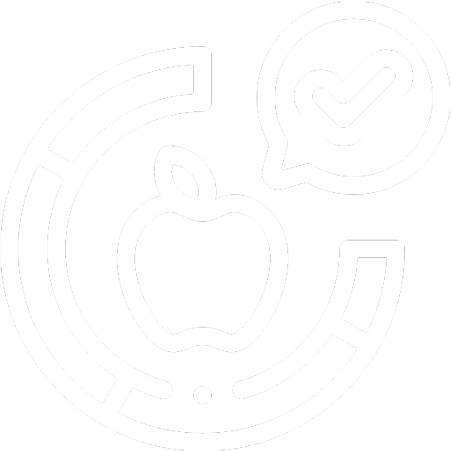
AWARENESS
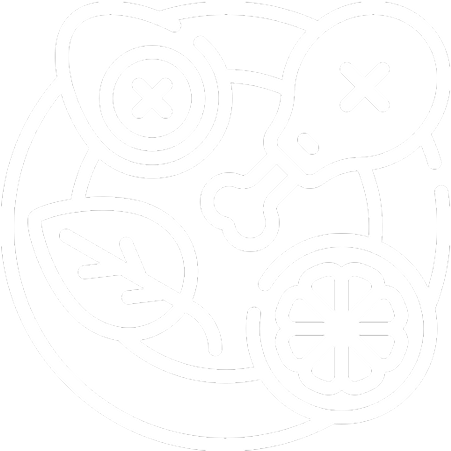
ELIMINATE
Training helps reduce or eliminate food safety hazards before they become major issues.

MINIMIZE
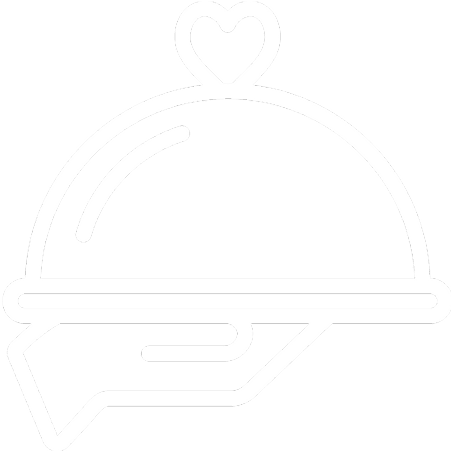
PRODUCTIVITY
Reducing food safety complaints will create a happier workplace and in turn increase productivity.
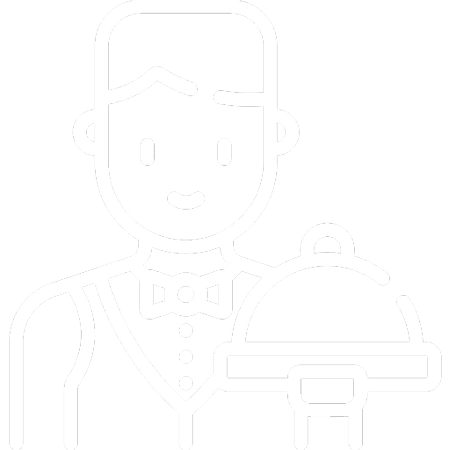
WORKPLACE SATISFACTION
WHY CHOOSE US
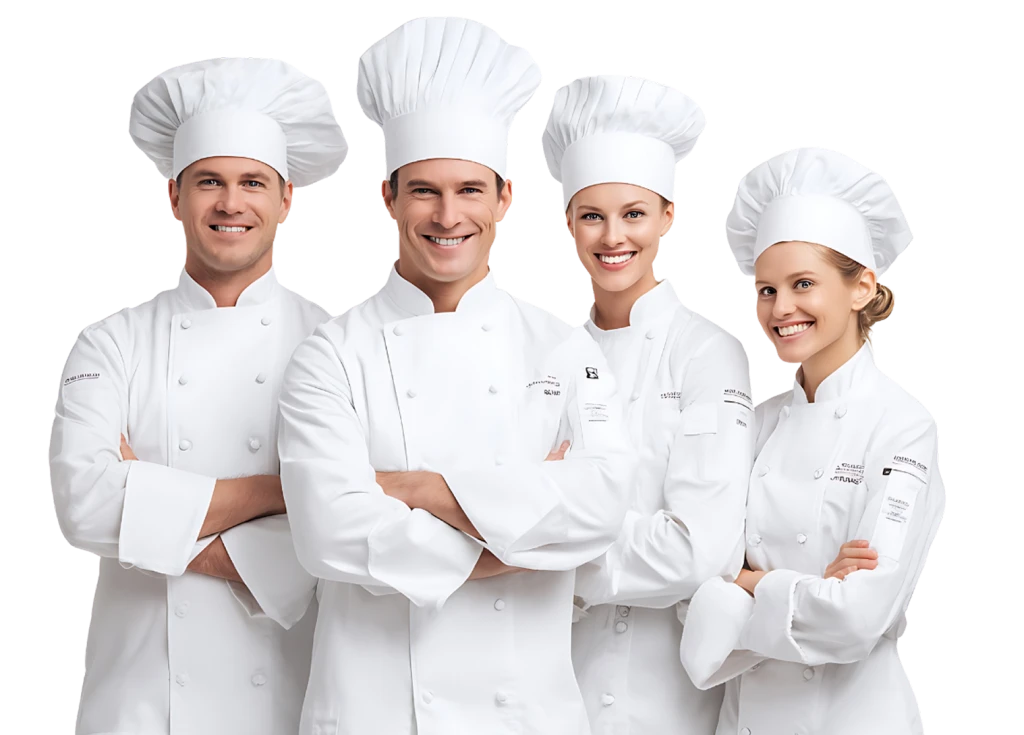
- Satisfaction Guarantee
- Online Interactive Course
- Meets and Exceeds State Guidelines
- Price Match Guarantee
- Owners and Managers: Manage, Track and Record Employee Progress
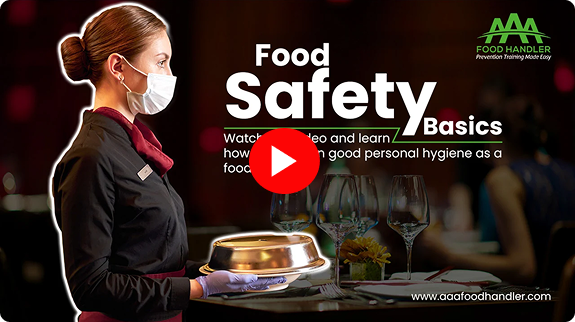
Getting Your Food Handler Card is Quick and Hassle-Free
Numerous professionals nationwide have already earned and renewed their card with AAA Food Handler — a trusted name in food safety training.
FREQUENTLY ASKED QUESTIONS (FAQs)
The Delaware Food Handlers Card is awarded after completing a state-recognized food safety training program accredited by ANAB. This course educates food service employees on critical safety practices, including proper food handling, hygiene standards, preventing cross-contamination, minimizing foodborne illnesses, and maintaining cleanliness. It also addresses regulations specific to Delaware. Obtaining this card is essential for individuals working in food preparation, service, or storage roles in restaurants, mobile food units, cafeterias, and similar establishments throughout the state.
There is no difference—Both terms refer to the document you receive after completing a recognized food safety course. Some counties or employers may refer to it as a “card,” but the certificate serves the same purpose—it proves you’ve completed an approved food safety course.
To get started with your Food Handler Certificate, select your state under the Food Handler tab, then click “Purchase English” or “Purchase Spanish.” Create your profile, complete the payment, and you can begin the course immediately.
After completing the course and passing the final assessment, you’ll receive a Delaware Food Handler Certificate. This document verifies that you have been trained in key food safety concepts and practices, and it can be shown to employers or health inspectors when required.
The course takes approximately 1.5 hours to complete. It’s self-paced, so you can log in and out at your convenience.
Once enrolled, you’ll have full access to the Delaware Food Handler Course materials for 3 months for Food Handler and 1 year for Food Manager. That means you can review and study the content whenever it’s convenient for you.
Employers can take advantage of our bulk purchase options with discounted pricing. Once purchased, courses can be easily assigned to staff members. Managers also gain access to a centralized dashboard to track employee progress, manage certifications, and generate detailed reports for compliance and Course oversight.
You’ll have two attempts to pass the final exam at no additional cost. If you fail on your first try, you can review the course material and retake the test when ready.
To get your Delaware Food Handler Card, complete a course accredited by the ANAB. After finishing the course and passing the exam, you’ll receive a valid Food Handler Card accepted across the state
This course is approved and accredited by ANAB to meet Delaware’s food safety standards. It is recognized for use throughout the state, including New Castle, Kent, and Sussex counties, and aligns with all required guidelines for the Food Handler certificate.
Holding a Delaware food handler card shows you how to safely handle, prepare, and serve food. It helps reduce the risk of foodborne illness and ensures you meet state compliance requirements for employment in restaurants and other food service settings.
Non-potentially hazardous foods like baked goods (without cream or custard), jams, jellies, candies, dry mixes, and granola. These must be shelf-stable and not require refrigeration.
The AAA Food Handler Card meets the food safety training requirement for Delaware’s Cottage Food Law, provided the course is accredited by the ANAB. The Delaware Division of Public Health recognizes this certification as meeting the necessary training requirements for cottage food operators.
For official food safety rules and requirements in Delaware, contact:
Delaware Health and Social Services: Division of Public Health
Jesse S. Cooper Building, 417 Federal Street, Dover, DE 19901
To register as a Cottage Food Establishment (CFE) in Delaware, you must complete an ANSI Accredited food handler course or an approved Delaware food safety training course. Once you’ve completed the training, submit a registration application to the Division of Public Health. For more detailed information, refer to the Delaware Cottage Food Regulations and the Cottage Food Establishment Program.


